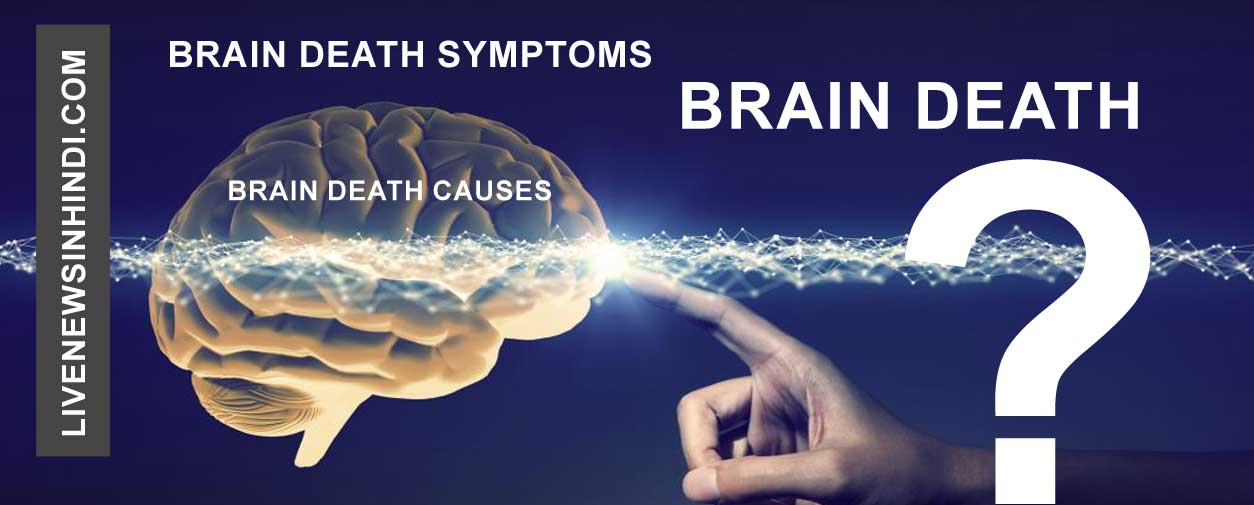Home | health | Understanding Brain Death: Can a Brain Dead Person Recover?
Post By : balindra
Understanding Brain Death: Can a Brain Dead Person Recover?

Understanding Brain Death: Can a Brain Dead Person Recover?
Introduction
Brain death is a complex medical condition that raises critical questions about recovery, criteria, causes, symptoms, and the distinction between brain death and coma. In this comprehensive article, we delve deep into the intricacies of brain death, exploring the possibility of recovery, the criteria for diagnosis, underlying causes, symptoms, and the medical implications for patients.
Can a Brain Dead Person Recover? Debunking Myths
One of the central questions surrounding brain death is whether a person can recover once diagnosed as brain dead. We explore this topic in detail, debunking common myths and providing insights from medical experts regarding the irreversibility of brain death and the absence of recovery prospects.
Understanding Brain Death Criteria
To understand brain death fully, we outline the criteria used by healthcare professionals to diagnose brain death accurately. This includes neurological assessments, absence of brainstem reflexes, and confirmatory tests such as EEG and cerebral blood flow studies.
Exploring Brain Death Causes and Symptoms
Our article delves into the underlying causes of brain death, including traumatic brain injuries, strokes, anoxia, and other critical conditions. We also discuss the symptoms associated with brain death, highlighting the subtle yet crucial signs that indicate irreversible neurological damage.
Read also : What is the best thing to do for rheumatoid arthritis?
Differentiating Brain Death from Coma
A common misconception exists regarding the difference between brain death and coma. We provide a clear comparison, outlining the distinct features of each condition, including levels of consciousness, brain function, and prognosis.
Signs of Brain Death: Insights from Medical Professionals
For readers seeking a deeper understanding of brain death signs, we present insights from medical professionals. This includes discussions on signs observed while a patient is on a ventilator, such as absent cranial nerve reflexes, apnea tests, and other clinical indicators.
Brain Death: Implications for Medical Decision Making
The article explores the ethical and medical implications of brain death, including discussions on organ donation, end-of-life care decisions, and the role of healthcare providers in supporting families facing difficult choices.
Conclusion
Understanding Brain Death: Can a Brain Dead Person Recover? is a comprehensive guide that aims to educate readers about the complexities of brain death, dispel myths, and provide valuable insights for healthcare professionals, patients, and families navigating this challenging medical territory.
People also ask
इस आर्टिकल के बारे में, आप अपने विचारो को शेयर कर सकते है जिससे लोगो की काफी हेल्प होगी।

 05/02/2025 04:08:14 AM
05/02/2025 04:08:14 AM 
 Games
Games Software
Software Sing In
Sing In